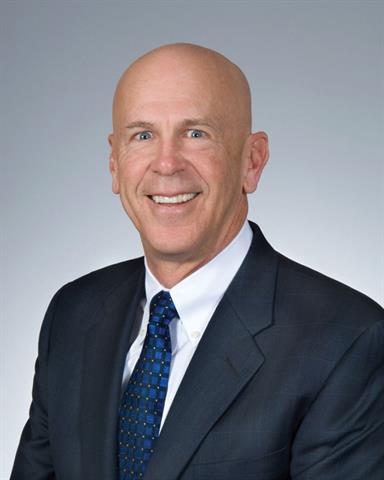On the penultimate night of ProMat 2015, the Materials Handling Institute (MHI) gave itself a birthday party. It was fitting that the party took place amid the industry's major annual US event with an attendance that reached a level not experienced since before the recession of 2008.
The organisation that was officially incorporated in 1945 as the Industrial Materials Handling Association was started to unify the transportation needs of the US military during and immediately after World War II.
"As you fast-forward through the years, you can see how much has changed, not just for the association, but for the industry too," says George Prest, CEO of MHI, in an interview with
Forkliftaction.com News.
First, Prest notes, the association has evolved from one with a singular purpose and a limited geography, the United States, to a global organisation that now reaches into nearly every industry imaginable.
"It's an international organisation now, with 800 international members from 26 countries," Prest continues. "And we literally touch everything," referring to the need for materials handling in every kind of business.
 George Prest: challenge of a skilled workforce |
He says the association had evolved to the point where it now has 40 different industry groups affiliated with it, all serving a different sector or purpose and, therefore, better meeting the needs of its members. Each group has its own statistics collection, standards formulation systems, publications and education.
As with many industries, technological advances have swept through the materials handling industry, Prest states, creating both benefits and challenges. The benefits are that, in many ways, handling materials has become easier and more affordable. At the same time, however, it has put new demands on those in the industry.
"We're seeing technology take over and, as a result, our customers want more," Prest says. "They want things faster, better and cheaper."
Those technology advances have also led to what the MHI CEO claims will be the materials handling industry's greatest challenge of all in the coming years: a skilled workforce.
"We've got all this great technology, but a workforce with the skill sets to run it is just not out there," Prest notes.
He points to a recent industry study that states the US materials handling industry will create 1.4 million new jobs by 2018, a mere three years away.
"And these will be good jobs, too," he says. "The average salary will be USD78,000 a year. Right now, there just aren't the people out there to fill those jobs."
Recruiting qualified workers and training them to meet the challenges will be the most important task of the industry and MHI over the next 70 years, Prest concludes.